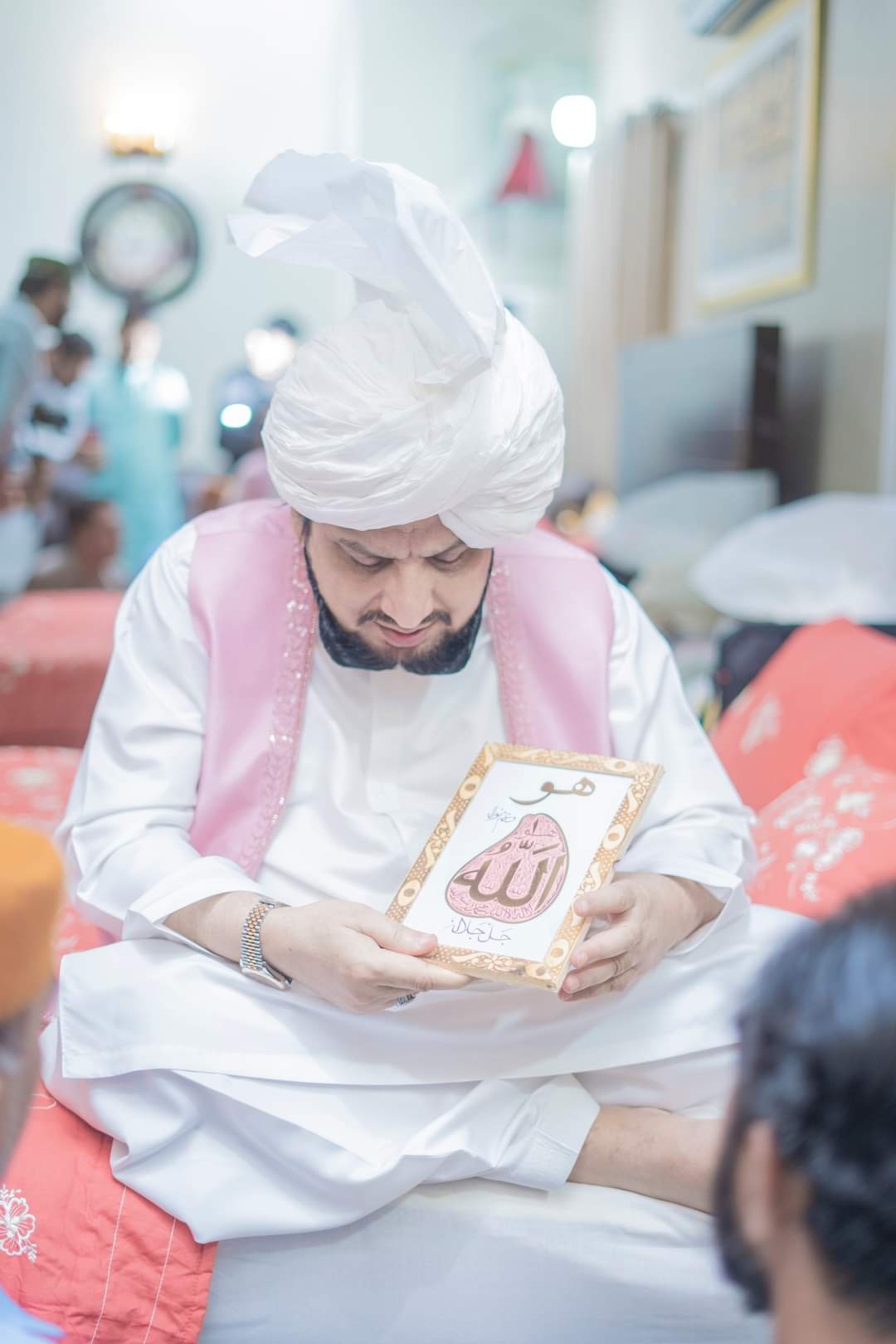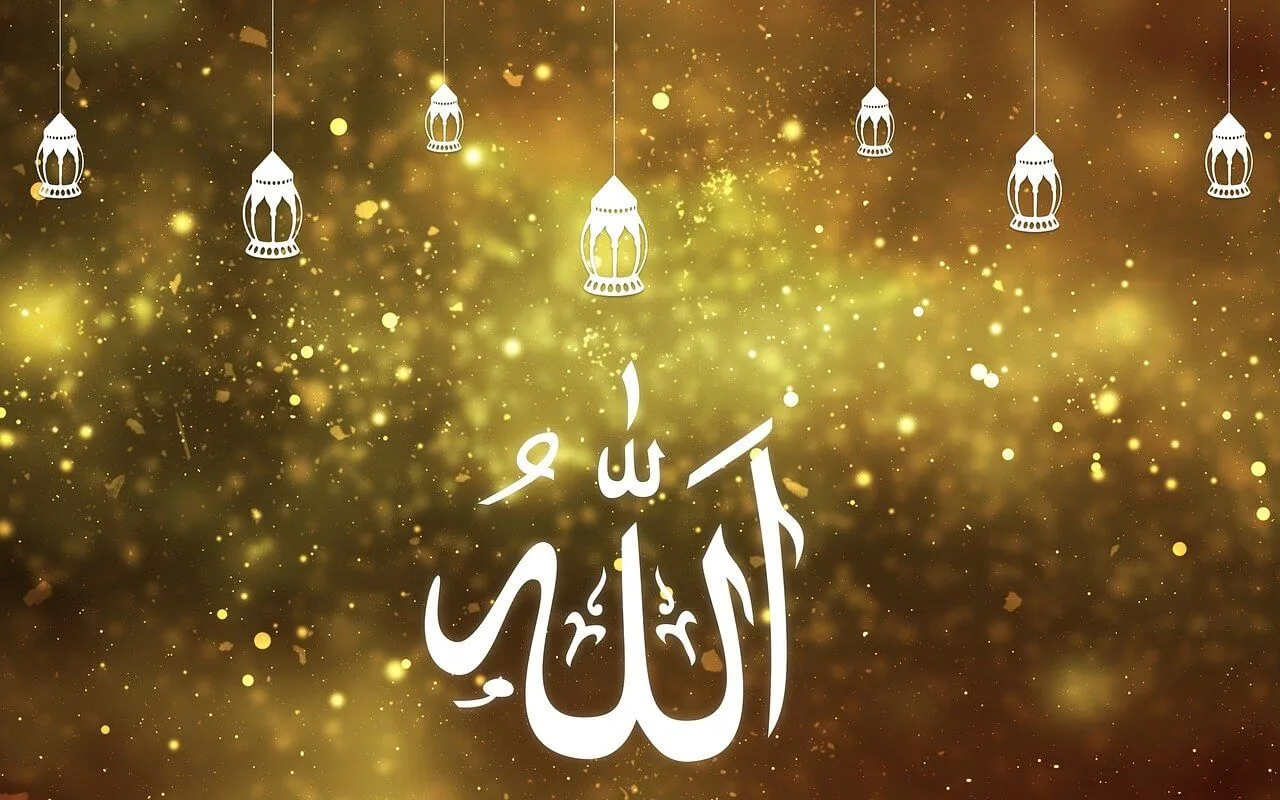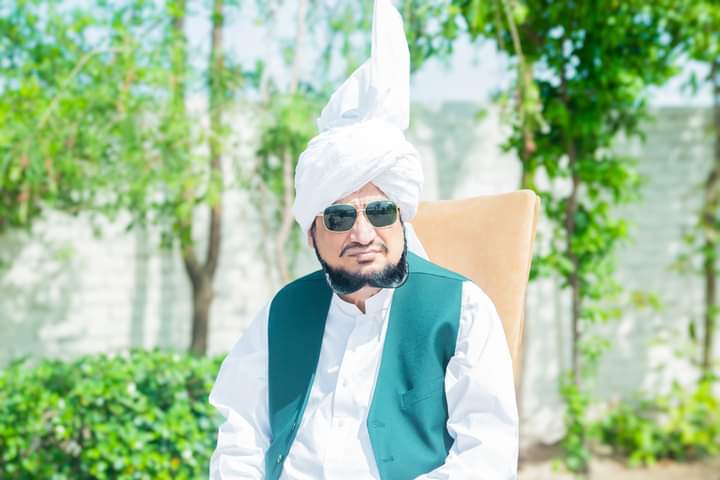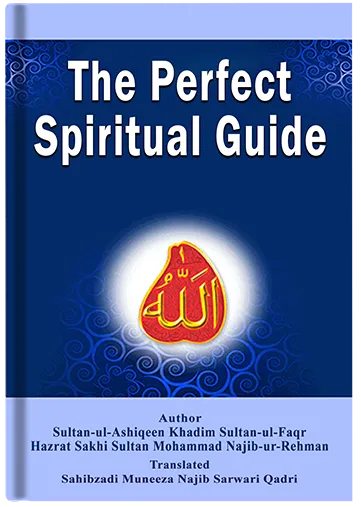Let’s explore in this article, how these toxic emotions impact our life and see how we can purify our inwards for a fulfilling and harmonious existence.
We will discover how malice manifests as secret grudges that hinder personal growth and foster hypocrisy. How harbouring hatred not only affects our relationship with others but also creates a vicious cycle of negativity that impacts our overall personal happiness.
Furthermore, we will get to know the importance of seeking spiritual guidance to cleanse our inward and align our intentions with Divine purpose. Let’s see how under the guidance of a perfect Fakir, we can pave the way for a contented life achieving inner peace and Divine closeness.
In conclusion, it goes with the notion that true success lies in aligning our actions and intentions solely to seek Allah’s pleasure.
Allah says:
The Day when neither wealth nor sons will profit. But he alone (will be the gainer) who appears before the presence of Allah with an inward protected (from) and pure (of all evils).’
(ash-Shu‘ara’, 26 : 88-89)
If man appears before Allah with an inward full of diseases, he will be ashamed. Two of these diseases are malice and hatred.
Malice is showing disgust or disliking towards someone and pulling away from them.
Sultan-ul-Ashiqeen says:
Secretly fostering ill feelings for someone is malice. A secret enemy is worse than an obvious one. Planning on getting revenge from someone who is not even at fault is a form of hypocrisy. It is hatred.
(Talimat-o-Farmudat Sultan-ul-Ashiqeen)
When the feelings of hatred are moderate or not obvious enough, and Allah starts blessing the other person, the situation of the hater grows worse and his inward becomes negative and vengeful. He keeps waiting for the blessing to be taken back.

Hate is Worse than Anger
Sultan-ul-Ashiqeen says:
Usually, weak people who do not hold the courage to get vengeance are the ones who hold grudges and malice and fill their inwards with negativity.
(Talimat-o-Farmudat Sultan-ul-Ashiqeen)

Sometimes a person controls the anger but the hatred remains in his inward. Hate is worse than anger because it lays grounds to dislike someone forever.
(Ahya ul Uloom: vol 3)
Allah says:
Satan seeks only to breed enmity and spite amongst you by means of wine and gambling, and hinder you from remembering Allah and observing Prayer. Will you abstain (from these evil-generating temptations)?
(al-Ma’idah, 5 : 91)
Neither nurse mutual hatred, nor jealousy, nor enmity, and become as fellow brothers and servants of Allah. It is not lawful for a Muslim that he should keep his relations estranged with his brother beyond three days. (Sahih Muslim 6526)
The Holy Prophet (pbuh) also said:
The Seal of the Prophets, Prophet Muhammad (peace and blessings be upon him), said:
Avoid the evil of division, hatred, and enmity among yourselves because it destroys the religion. The evil of division refers to enmity, hatred, and jealousy among one another. (Sunan al-Tirmidhi 2508)
Hatred and Malice ruin Man’s Life
A person who holds malice stays restless all the time. As a result, his mental and physical health suffer. And he becomes ungrateful to Allah’s Blessings.
Hatred and malice create negativity and resentment in the inward. This creates anxiety which disrupts blood pressure and heart rate.
Anger, jealousy, sorrow and mental pressure all contribute to depression and discontent, so far away from happiness.
It causes the thought process to get entirely pessimistic, which puts the person in a lot of situations where he has to make decisions. Consequently, he always feels and remains a failure.
Since hatred and malice are in the inward, this person apparently seems very friendly and welcoming. Nevertheless, he gradually falls towards hypocrisy. And about hypocrites.
Allah says:
The hypocrites will surely be in the lowest depth of Hell, and you will never find for them any helper.
(Al Nisa: 145)
Shall I not tell you of a deed that is better than offering a lot of prayers and giving alms?
He said: O Messenger of Allah! What is that deed? The Prophet responded: It is to make two people reconcile. You stay away from enmity and malice, for they spoil faith. (Awarif ul Maarif)

Sultan-ul-Ashiqeen says:
Malice is disease of the self that destroys faith and belief, hinders worship, and decreases purity of the inward. On the path of Faqr, this disease essentially disarrays the seeker. Malice and hatred muster up negative thoughts and plannings whilst taking the seeker away from Allah. And the time he should be spending in search of the Truth and Divine Love, he spends it in planning vengeance.
Who is it Permissible to Have Hatred for?
The best of the actions is to love for the sake of Allah and to hate for the sake of Allah.
(Sunan Abi Dawud 4599)

Imam Ghazali says:
Just like loving for the sake of Allah, it is also important to hate for His sake. If you love someone because they are obedient to Allah, you must also hate them if they become a sinner. They are both compulsory and work vice versa, one cannot be separated from the other.
(Ahya Ul Uloom: vol 2)
Sultan-ul-Ashiqeen says:
A hateful person always stays in search of a chance to get revenge. Often times the power of his hatred grows so strong that even after the demise of his enemy, he does not even spare his children.
(Talimat-o-Farmudat Sultan-ul-Ashiqeen)

Divine Gnosis is Vital for Soul
And whoever remains blind (to the truth) in this (world) will be blind in the Hereafter as well, distracted from the path (of deliverance).
(al-Isra’, 17 : 72)
Allah said to me “O Ghawth Al Azam! Man is My secret and I Am his Secret.”
Then Allah said “O Ghawth Al Azam! The human body, the self, the inward, the soul, the ears, eyes, hands, feet, the tongue, I created it all from My Essence, for Myself. (Al Risala tul Ghawthia)

Worship Should Solely be to Please Allah
And assuredly, We created man and We know (also) the doubts which his inciting self puts (into his heart and mind). And We are nearer to him than his jugular vein. (Qaf, 50 : 16)
So, when I accomplish the perfection of his (physical) constitution into his real being, and breathe My (Divine) spirit into (the inner self of) this (human physical) organism, then fall down prostrate before him.’ (al-Hijr, 15 : 29)
Allah Himself is telling in His last Divine Book that the Divine Essence is present inside every human then how is it not possible to gain His closeness and vision? Why do people not try to achieve it? Is Allah only there to be remembered in times of worldly discomforts? Or is He only worthy of worship to get man into heaven or keep him away from hell?
One must ponder over the purpose he worships Allah. It should only be to please Allah. Every action and all the love should be for Allah, only then can he achieve true success. However, there is only one way to correct a person’s inner and outer thoughts and actions, and that is by seeking a perfect spiritual guide who can help protect a person from inner and spiritual diseases such as arrogance, jealousy, resentment, malice, lying, stealing, etc. The Quran also commands the search for a perfect spiritual guide.
Allah Almighty says:
O believers! Fear Allah persistently and keep looking for means to (approach and get closer to) Him and strive hard in His way so that you may prosper. (al-Ma’idah, 5 : 35)
So, (O people,) if you do not know (yourselves), ask the people of remembrance. (al-Ambiya’, 21 : 7)
Search for a Perfect Spiritual Guide
Allah says:
And that man (according to justice) will get only that for which he strives.
(an-Najm: 39)
Allah says in Quran:
And by the human soul and by the One Who provided it with an all-dimensional poise, proportion and perfection, Then He inspired it with (discrimination between) vice and virtue, Indeed, the one who purifies his self (from all vain and vicious desires and cultivates in it virtue and piousness) succeeds, But the one who corrupts himself (in sins and suppresses virtue) is doomed indeed.
(ash-Shams, 91 : 7-10)
Note:
This is English translation of Urdu blog بغض و کینہ سکونِ قلب کی موت which appeared in October 2024 issue of monthly Sultan-ul-Faqr Magazine. Mrs. Anila Yaseen Sarwari Qadri wrote the original article. Zuha Fatima has translated it in English.




Very nice👍🏻
May Allah save us from the harm of these inner vices.
Very Beautiful ❤️ and Informative Article
Great article
Allah says:
And that man (according to justice) will get only that for which he strives.
(an-Najm: 39)
nice article
This article is very informative and guiding
Behtareen Beshak asey hi hain
Worth reading 👌
Very informative
Great article 😍
Allah mere nafs ko paak kar de!
The best of the actions is to love for the sake of Allah and to hate for the sake of Allah.
(Sunan Abi Dawud 4599)
I love this artical 🌹❣️
The only person who it is okay to have negative thoughts and feelings for is the one who does not restrict himself to the boundaries set by Allah, disobeys His Commands.
May Allah purify the self from all evils
Sultan-ul-Ashiqeen says:
Usually, weak people who do not hold the courage to get vengeance are the ones who hold grudges and malice and fill their inwards with negativity.
Very nice article
Great 👍
One must ponder over the purpose he worships Allah. It should only be to please Allah.
Excellent Blog
Best article can’t get more detailed information about this spiritual disease better than this. Just woww
Blog 👌